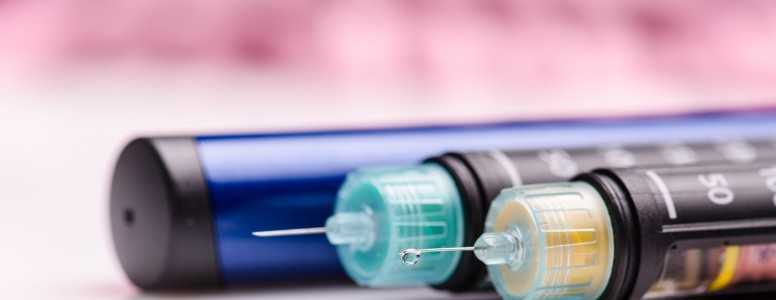The immune system could help regulate insulin in type 2 diabetes, according to new research from Switzerland.
Scientists from the University of Basel report that triggering immune cells located in the pancreas could help prevent insulin production from failing in people with type 2 diabetes.
In a study of overweight people with type 2 diabetes, the researchers identified a feedback mechanism in the pancreas which had a positive influence on insulin secretion.
The impact of a protein called interleukin (IL)-33 was examined, which is produced by insulin-producing beta cells. IL-33 was shown to stimulate ICL2 immune cells in the pancreas, which triggered insulin release through the use of retinoic acid, a metabolite of vitamin A.
Study author Marc Y. Donath, MD, who is Chief of Endocrinology, Diabetes and Metabolism at the University Hospital Basel, told Drug Topic: “It’s a proof of concept that the immune system can have a positive influence on insulin secretion.”
Injections of IL-33 was shown to restore beta cell function in mice with obesity, and the researchers are also optimistic the immune system could be used to provide protection against other diabetes-related problems such as chronic inflammation, which develops during type 2 diabetes.
“The complex interactions between endocrine cells and immune cells are clearly significant for the maintenance of insulin release,” added the researchers.
The study team will now concentrate on identifying the most appropriate molecules to target with IL-33, as well as examining the long-term effects and safety of this treatment, and whether it is safe for humans.
The study has been published online in the journal Immunity.
What's new on the forum? ⭐️
Get our free newsletters
Stay up to date with the latest news, research and breakthroughs.






